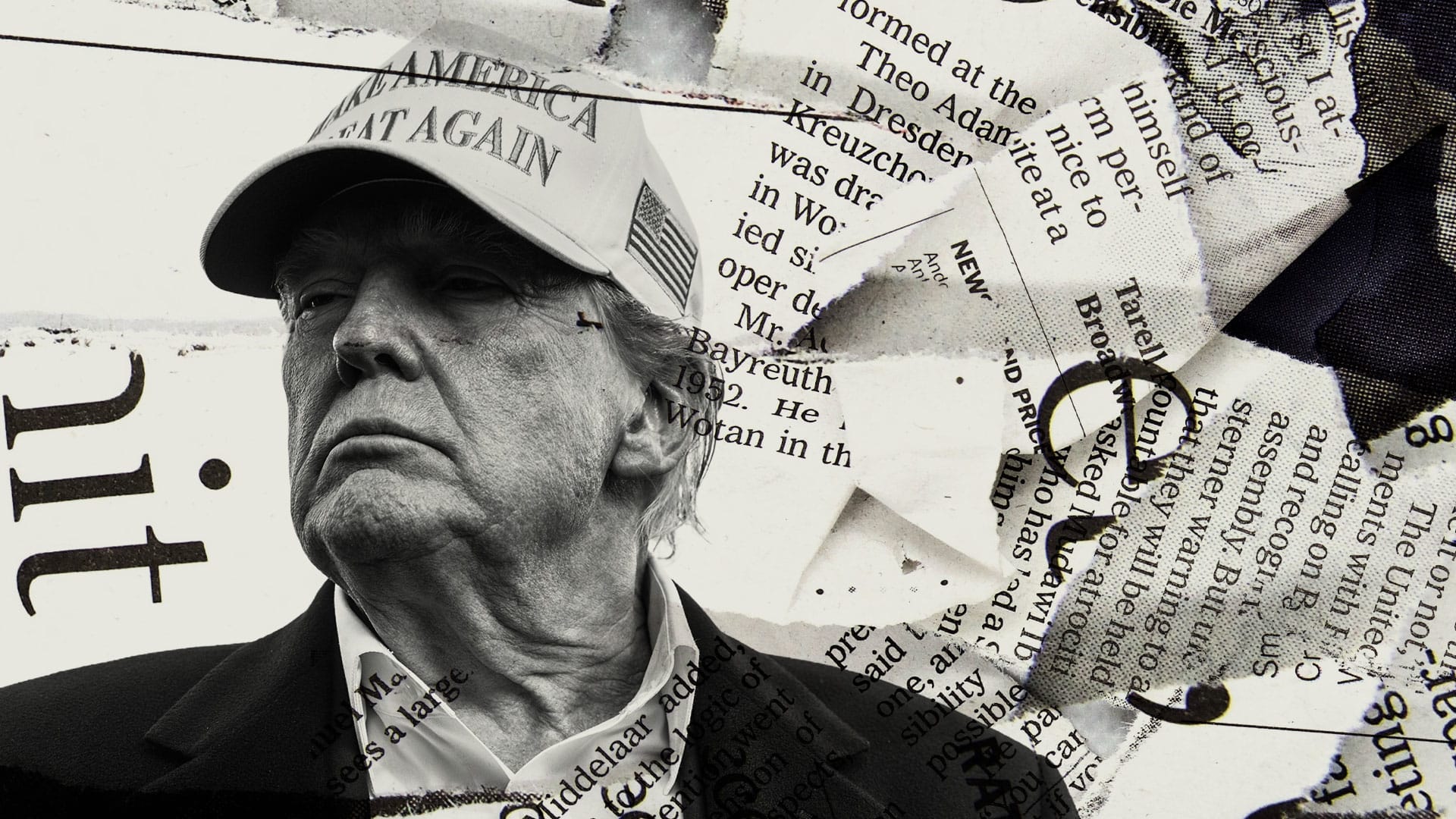Trump’s 100 Days: A Future with No Visible Change So Far
During this period, the administration has turned its back on the consensus of the international community and repealed policy measures related to diversity and climate change through executive orders calling for reckless layoffs. Trump has entrusted the dissolution of federal government agencies to entrepreneurs who supported him, and he has imposed high tariffs on allied nations, including Japan.
In a speech on April 29, Trump boasted that he has “delivered the most profound change in Washington” From the standpoint of his ardent supporters, this was probably a relief.
However, what kind of society will there be after existing policies overturned? There is no clear concrete vision yet.
If this superpower continues to stray off course, grave rifts could appear in the international community. Trump should be aware that ultimately great losses will befall the U.S. itself.
In the U.S., people consider the first 100 days to be a time to assess how well an administration is doing, and approval ratings tend to be relatively high.
However, Trump's approval rating has slumped from 45% immediately following his inauguration to 39%. The mainstream U.S. press estimates that this is historically the lowest level for a president’s first 100 days.
The assessment of the administration's economic policies is particularly low. Within the U.S., reciprocal tariffs have also had a major impact, including price increases, leading to sharp drops in stock and U.S. securities prices. The Trump administration has issued financial relief measures in response to demands from the automotive and other industries, but this just shows that implementing these measures is just grandstanding and there’s no conclusive discussion about how effective they are.
The U.S. and others have judged America to be a leading democracy. But one cannot overlook that the Trump administration's America First approach has not only diminished its position gone down, but shaken its own democracy.
Courts have issued over 120 injunctions halting Trump's executive orders to recklessly fire federal workers, but the administration has ignored them, demanding the judges be impeached. If the administration is plotting to disrupt the separation of powers and establish a presidential dictatorship, then it is hard to call the U.S. a democratic nation.
As for negotiations to strike a cease-fire between Russia and Ukraine, the U.S. has proposed a peace plan that aligns with Russia's objectives. Trump's excessive rush to broker a cease-fire agreement with himself as intermediary, and his embrace of iron-fisted nations that dismiss human rights and international order, are questionable.
French President Emmanuel Macron has expressed his vision that France, instead of the U.S., shield all of Europe with its “nuclear umbrella.” Trust in the United States. is rapidly eroding, and Japan must also pay attention to this state of affairs where the balance of the world's security could crumble.
As far as Japan is concerned, it faces the issue of minimizing the domestic impact of reciprocal tariffs. At the same time, the U.S. must once again recognize that it is a member of the world's democratic camp and take an active role in protecting human rights and liberty through international cooperation.

